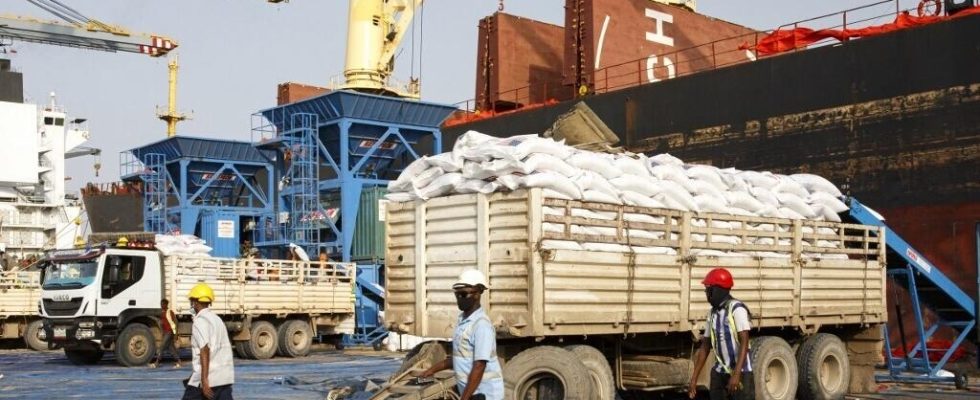The agreement signed between Ethiopia and Somaliland “ will pave the way for Ethiopia to secure its access to the sea and diversify its access to seaports » explains a press release from the Ethiopian Prime Minister. This agreement would allow Addis Ababa to acquire a share of the port of Berbera located on the southern coast of the Gulf of Aden. An alternative to the traditional exit route via Djibouti.
2 mins
The advantages of the Berbera corridor are numerous. Because it is a route that connects the landlocked regions of southern Ethiopia to the sea, but it also means a port structure with competitive transit times and freight rates. And room for maneuver on handling volumes, as port capacities have not yet been reached.
Its main weak point is a road of more than 900 kilometers, partially asphalted and in very variable condition. There are also unfavorable tariff and customs conditions between Ethiopia and Somaliland. Unlike Djibouti, which is otherwise honed by decades of relationships.
According to various experts, traffic in Djibouti has declined over the last three years. A volume that Berbera would have more or less won. The signal for Yann Alix, general delegate of the Sefacil foundation, specialist in African port issues, that this corridor seems coherent for professionals in the sector and is starting to find its clientele.
The lesson that we can draw from all this is that Berbera has come to offer an alternative solution, but that Djibouti has not remained idle. And with Chinese interests, it continues to develop. (…) I believe that it is a healthy competition that is establishing itself on two corridors, an old one and a new one.
Yann Alix, general delegate of the Sefacil foundation, specialist in African port issues
Because Berbera is a multi-purpose port which aims to be the “ new integrated maritime, logistics and industrial center of the Horn of Africa », according to DP World, its manager, therefore also owner of half of its shares. By taking over management in 2017, the UAE company committed to investing $442 million. It claims to have since contributed to the increase in merchandise volumes by 35%.
Investments which also enabled the launch of a free economic zone in March 2023: a logistics zone created on the same model as the port of Jebel Ali, to Dubai. Objective: to promote trade through a one-stop shop and infrastructure meeting the same standards.
In 2021, a new container terminal was also put into operation. It is capable of accommodating the largest container ships currently in operation and has made it possible to triple the port’s capacity. In its press release at the time, DP World assured that it wanted to promote the development of Ethiopian freight.
In 2015, Ethiopia announced that it planned to transit 30% of its imports through the port of Somaliland compared to 5% at the time. In a recent report, the British think tank ODI specifies that 20% of Ethiopian flows – cumulative imports and exports – could soon pass through the port of Berbera.
Read alsoSomalia challenges Ethiopia-Somaliland agreement on Ethiopian access to the Red Sea
